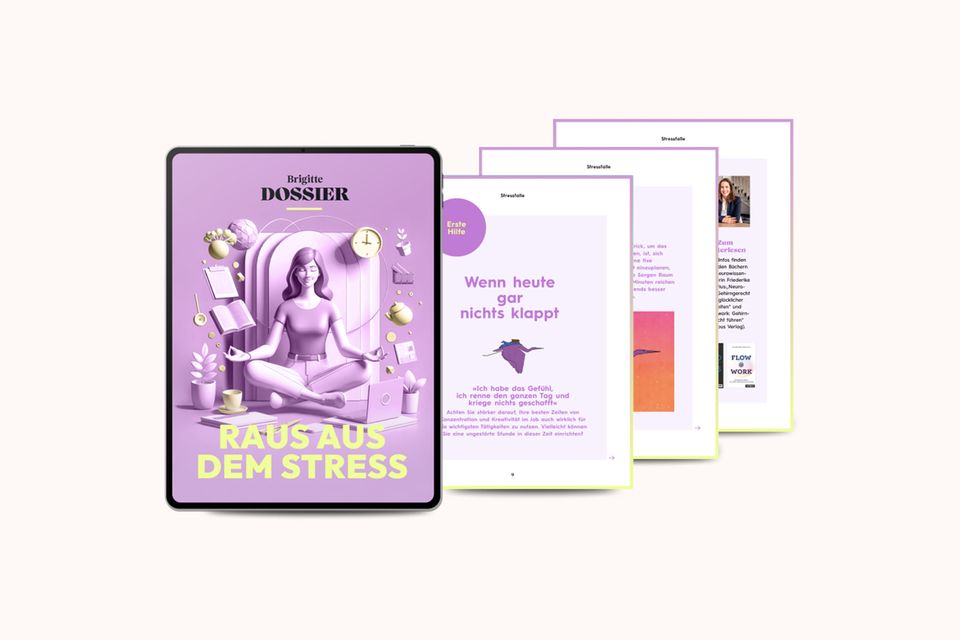"Lemonading" phenomenon: Those who have this trait get through difficult times better

What helps us to get through difficult times? To remain optimistic? One character trait is essential, according to a recent study.
In difficult times, I always want to do one thing: pull the covers over my head and wait a week to wake up. When everything will hopefully be OK again. That's how it was when my grandmother was diagnosed with cancer , when job offers were turned down, and that's how it is now with the results of the federal election . I feel desperate, sad, powerless. Can't I please have a long, really good time in my life again?
I know that whether in our personal environment, in our everyday work life or in relation to the global political situation, we inevitably experience not only highs but also lows. That is normal. And it is also normal that we deal with them differently. While some manage to remain hopeful in difficult times and work towards better times, others are like me. We remain paralyzed and standing still.
Study: "Lemonading" helps through difficult timesIn a recent study , researchers have addressed a question that has been on my mind for ages: How can we best deal with difficult times? Spoiler: desperately holding on is not the right answer. It's a shame, but no surprise. What the study team recommends instead: "lemonading."
They understand this to mean "the ability to imagine and generate positive experiences even under difficult circumstances," explains lead author Xiangyou Shen, a social scientist at Oregon State University in Corvallis. Like the motto: "If life gives you lemons, make lemonade."
One character trait is crucialFrom a survey of 503 US adults at the time of the corona pandemic, which focused on lockdowns, social distancing, fear of infection and an uncertain future, the researchers derived an essential characteristic for difficult times: playfulness.

Would you like to know how to better deal with stressful situations? Are you looking for routines that will help you switch off? Would you like to finally be able to sleep well or sleep through the night again? We answer these and other questions in our PDF dossier.
Playful people always strive for fun, are curious, creative and flexible - all of which, according to the study, help them get through difficult times better. The more pronounced this trait was, the more optimistic their outlook on the future was. And this was without ignoring the seriousness of the situation:
"The playful study participants neither downplayed the risks of Covid-19 nor overestimated the effectiveness of protective measures," Shen summarizes. The decisive factor: "They focused on opportunities for positive change and growth and illuminated potential paths forward, even in dark times."
And if I'm not playful?As exciting as I find the study results, I have a problem with them: I wouldn't necessarily describe myself as a playful person. Bad luck? Fortunately not. Playfulness can be learned to a certain extent, motivates the lead author, emphasizing: "You don't have to play to be playful." It should be enough to find activities that bring us joy and spend time with people with whom we can laugh. "It's about bringing fun, openness and flexibility into everyday moments," Shen sums up.
Brigitte
brigitte






